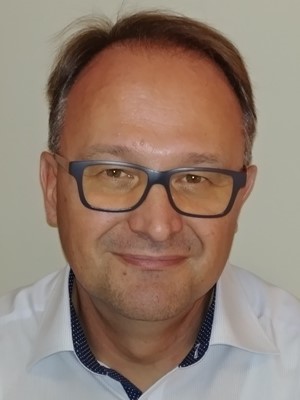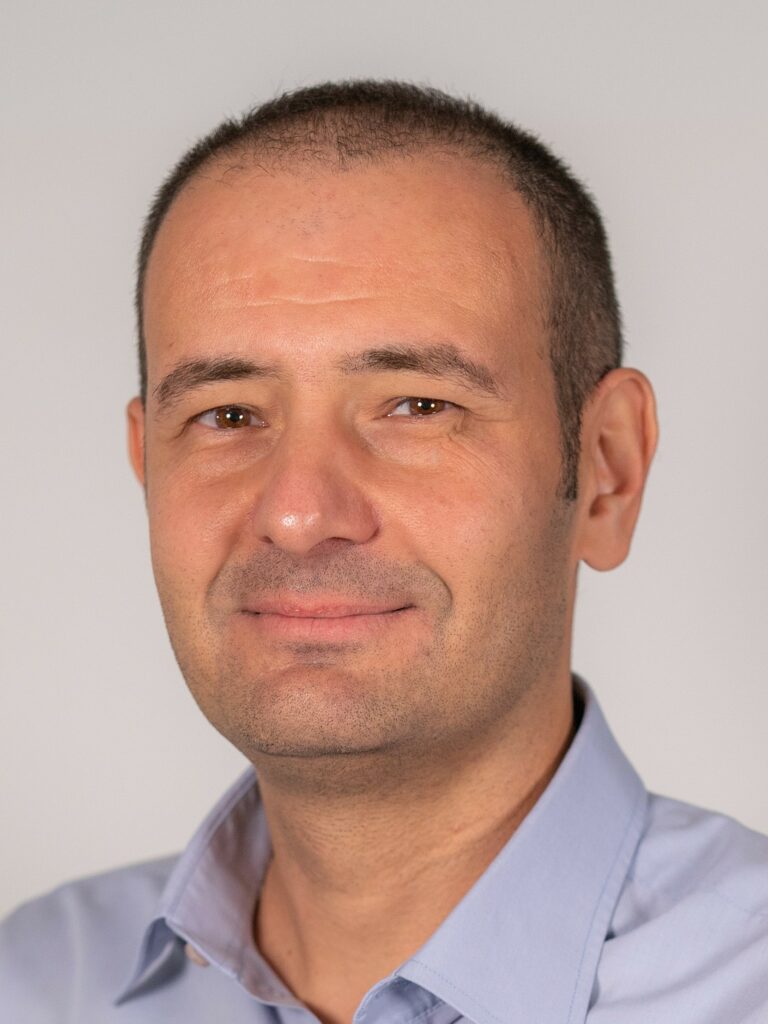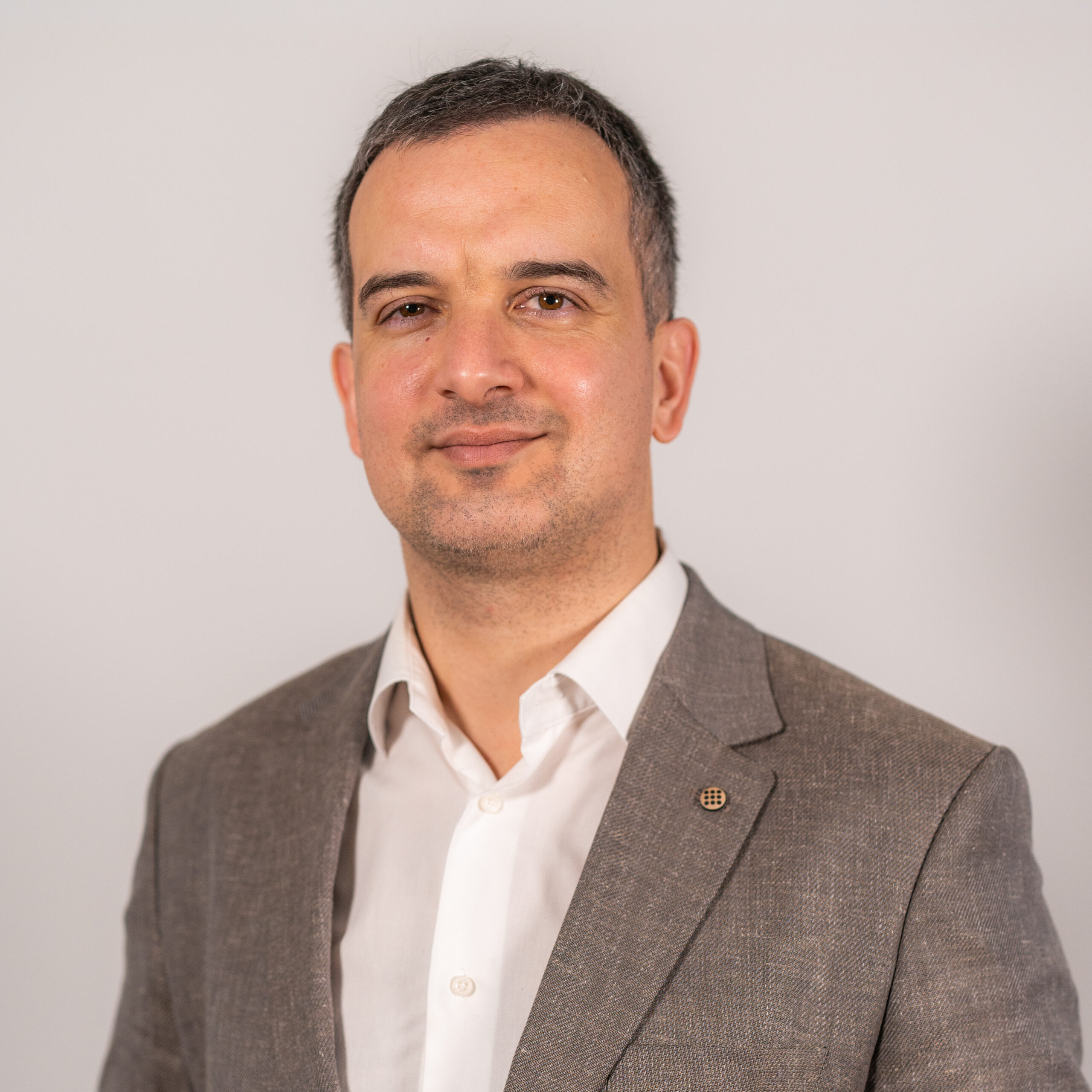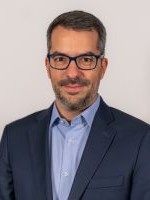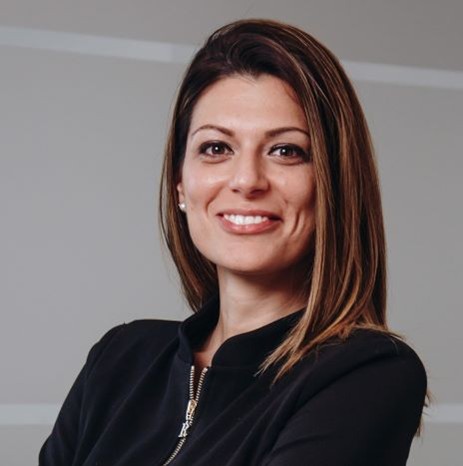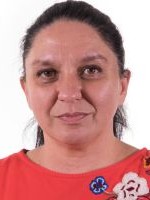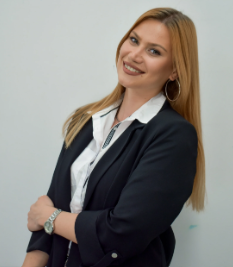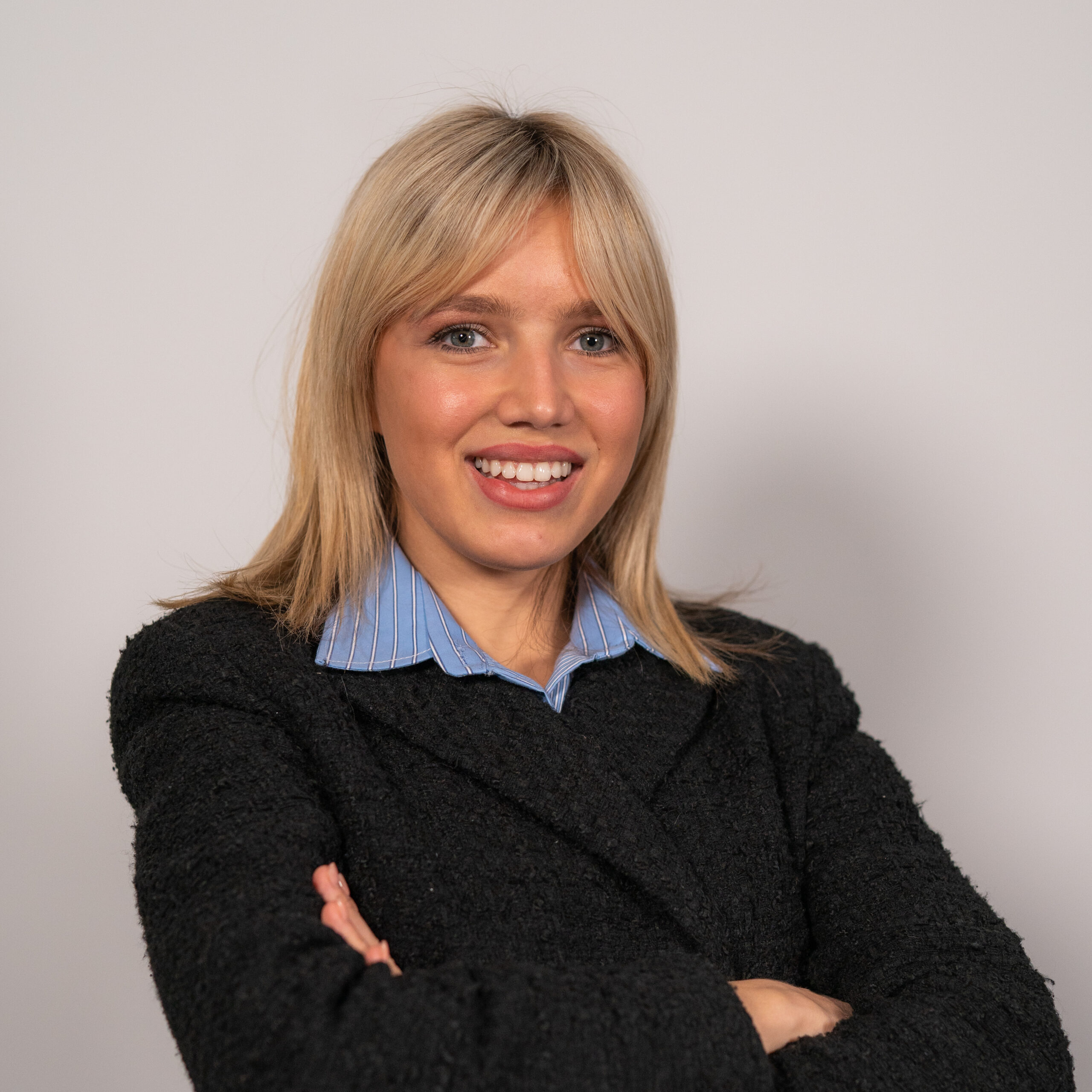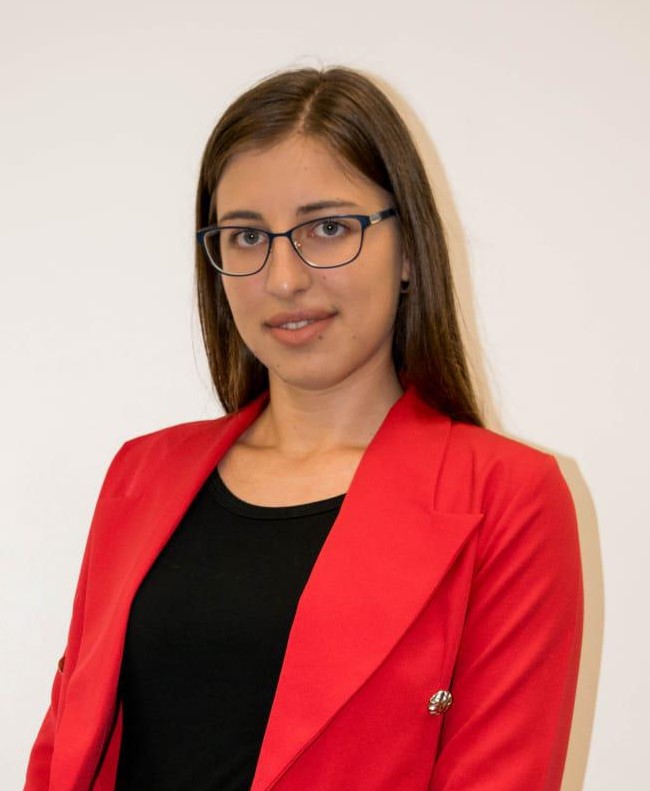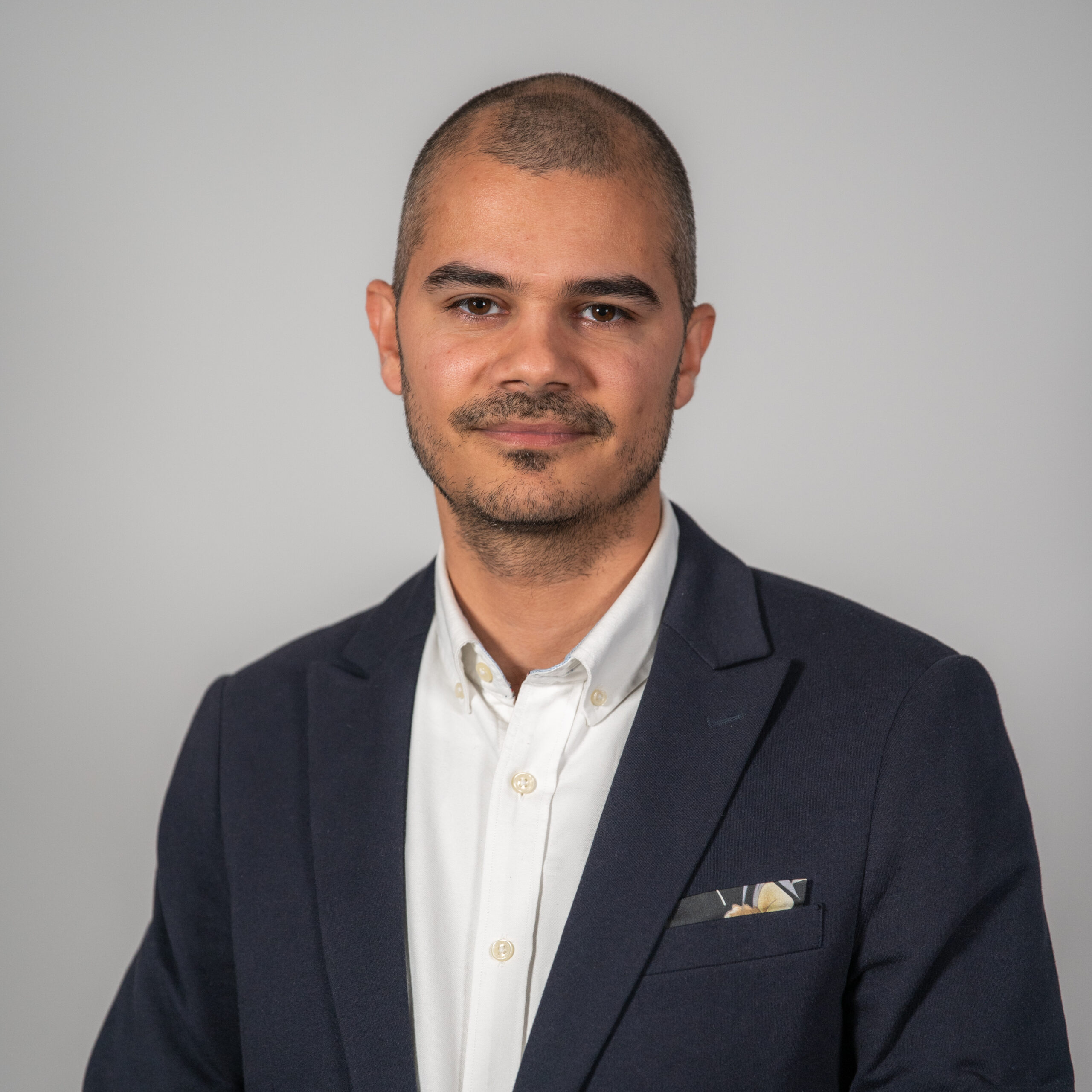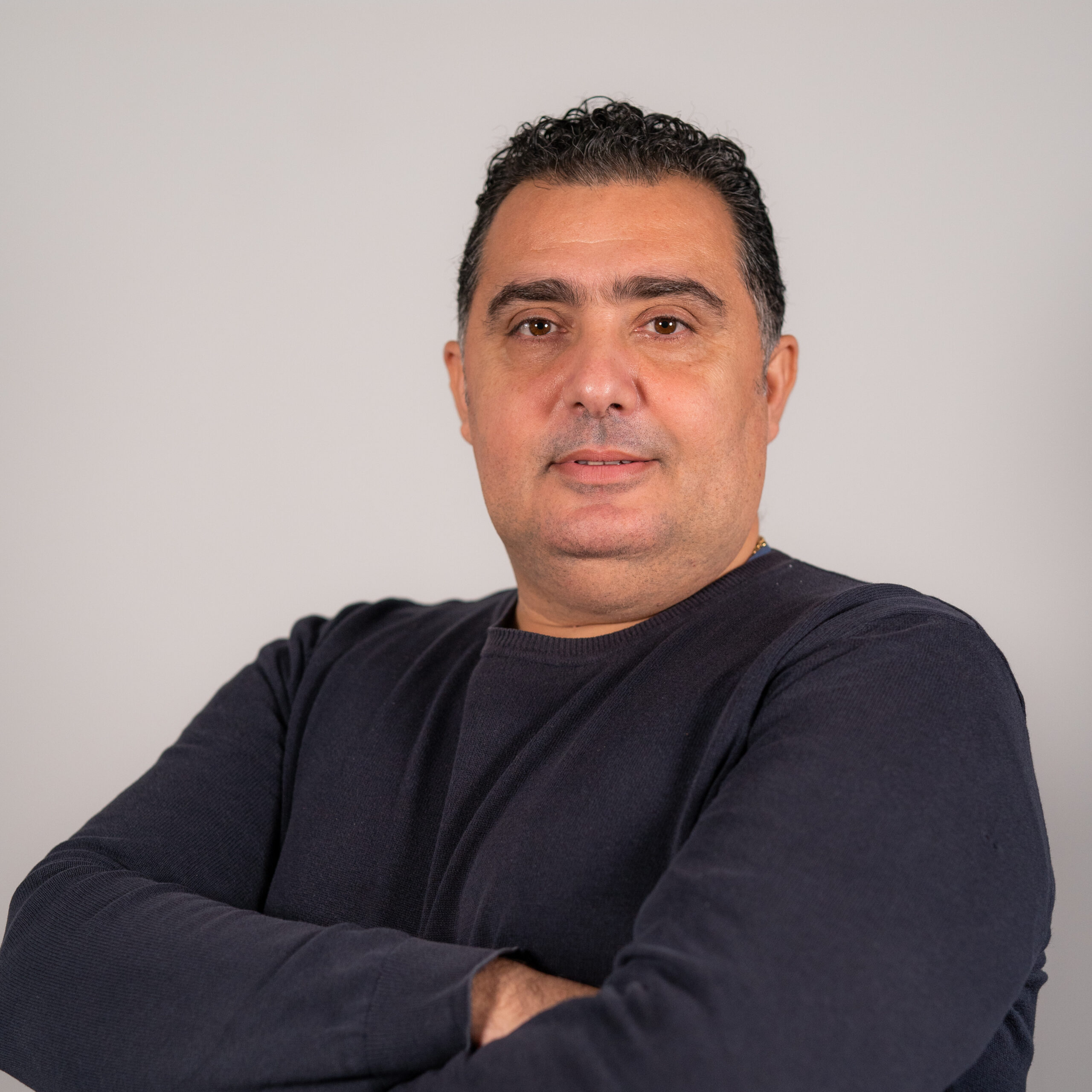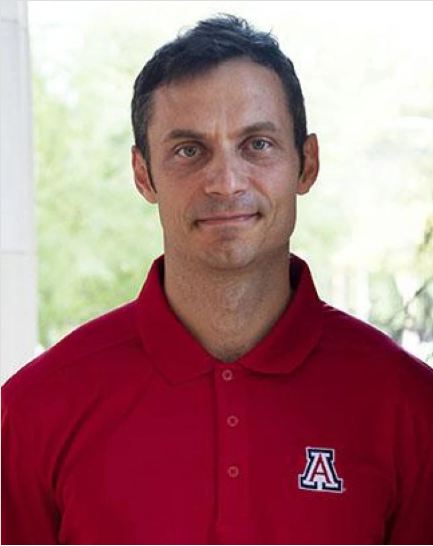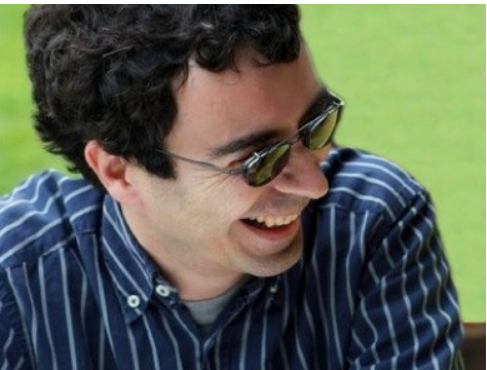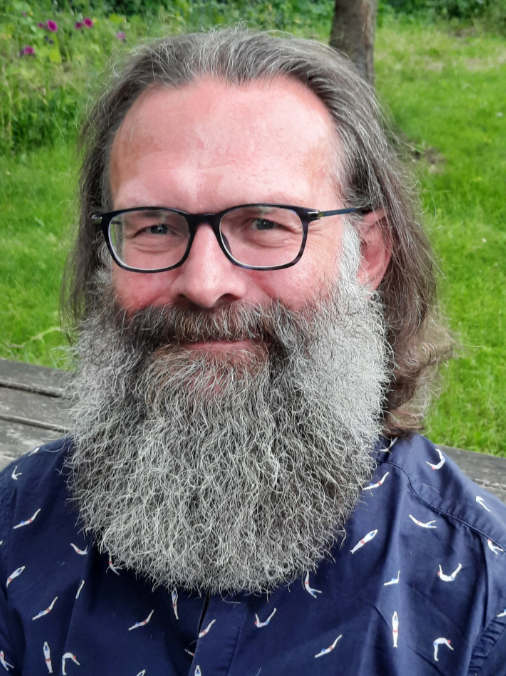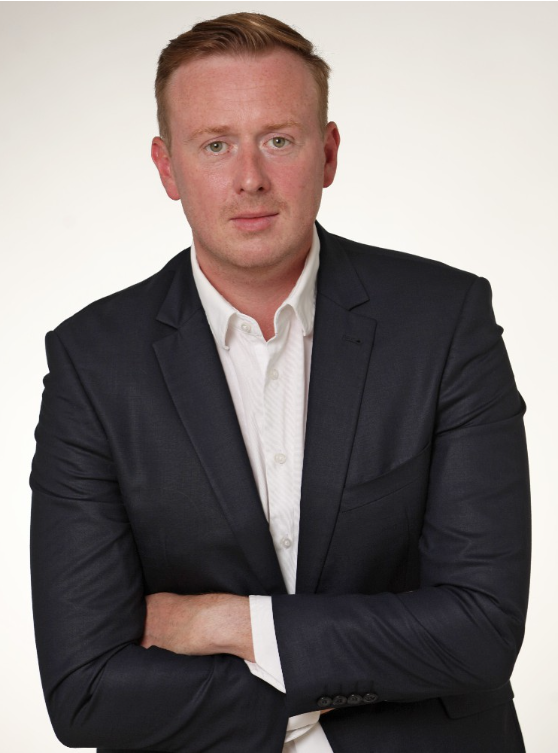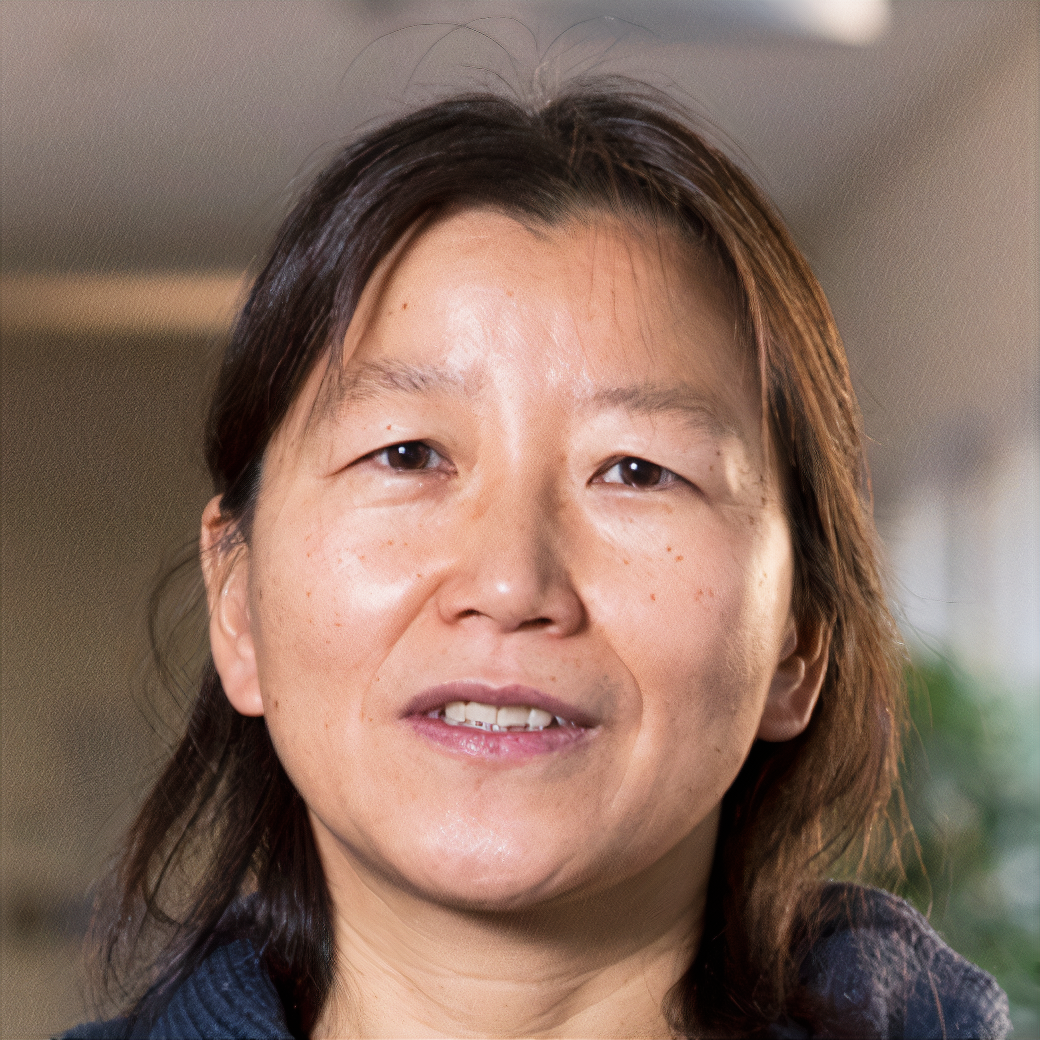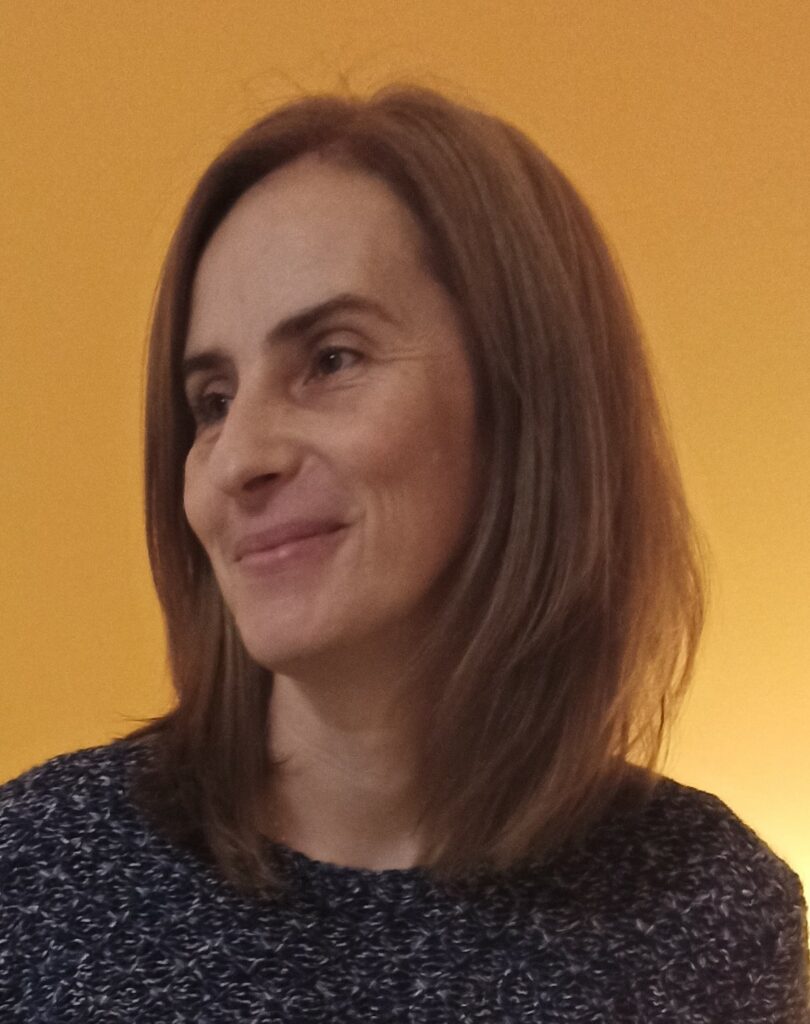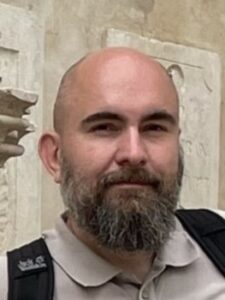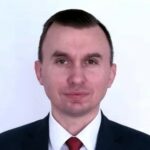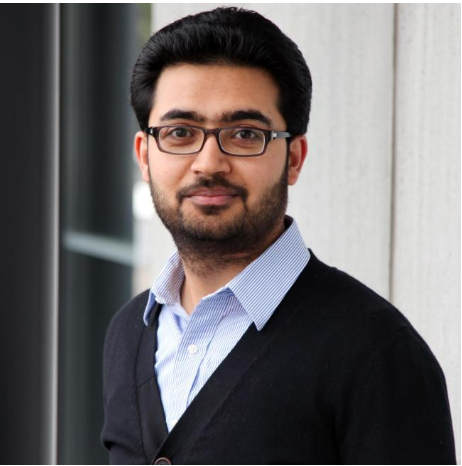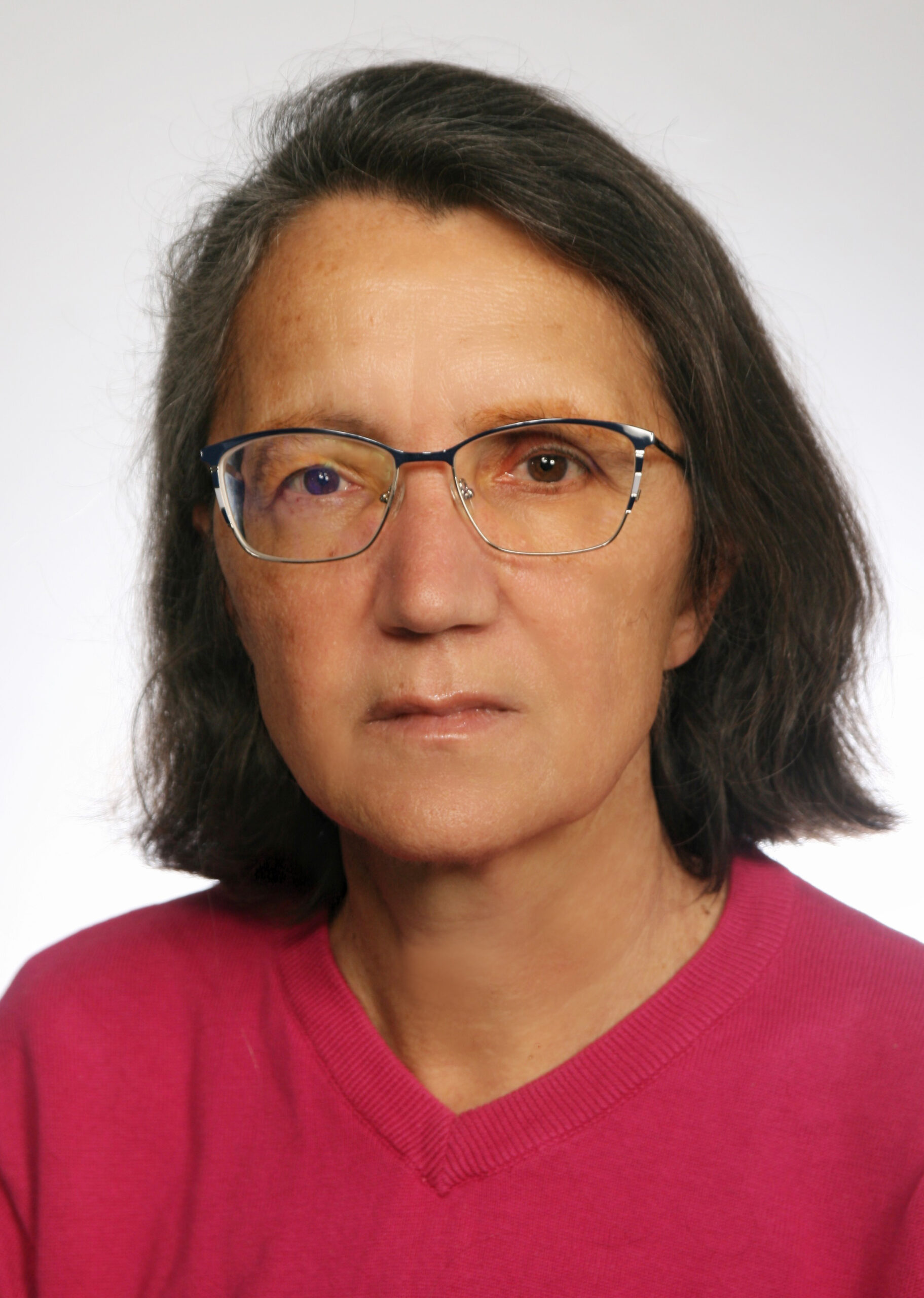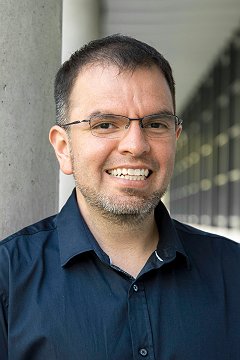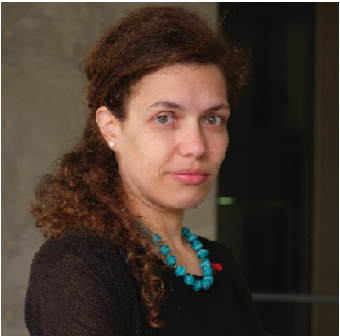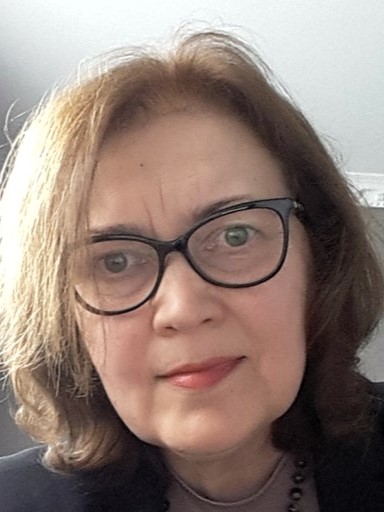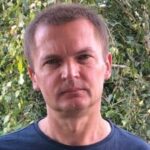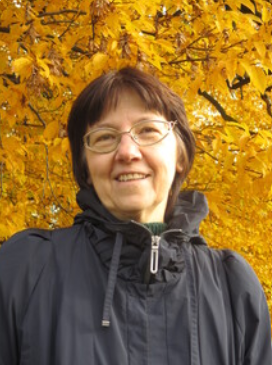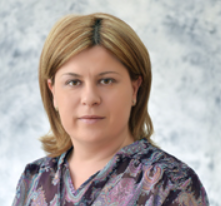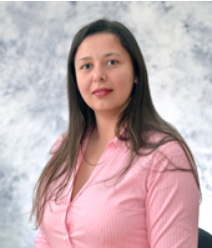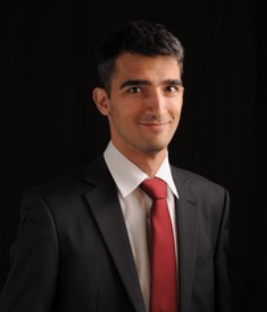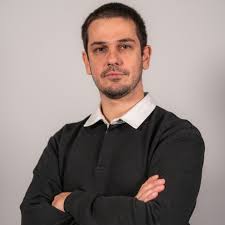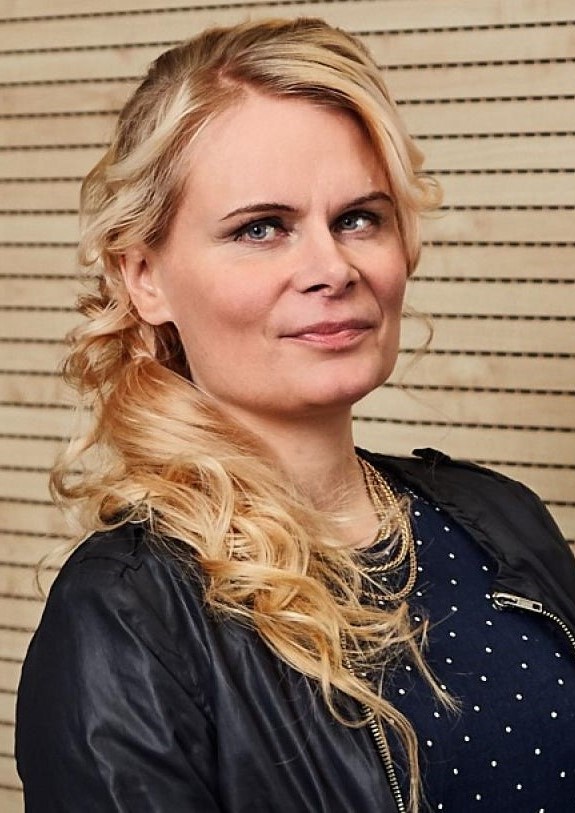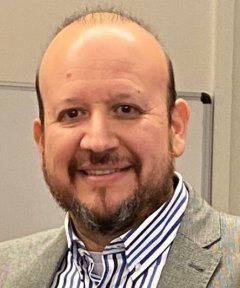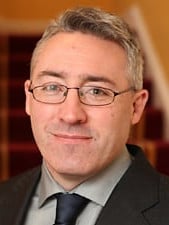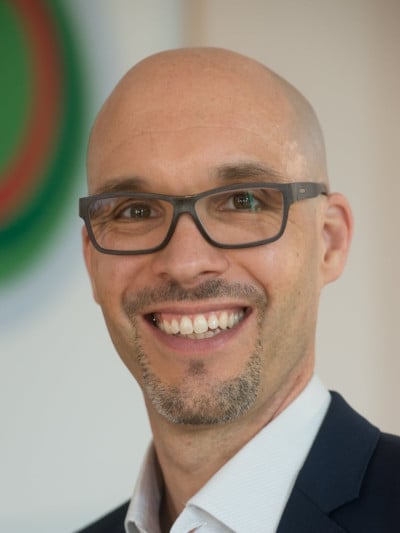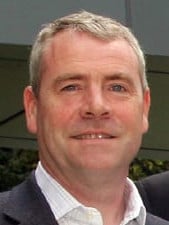Committees
The team behind the ISD 2025
Organizing Committee
ISD 2025 Track Committees
T1: Managing IS Development and Operations
Information Systems Development (ISD) is concerned with the creation of new Information Systems (IS), comprising processes, people, and technologies. More than just dealing with typical technical software development activities, ISD is eminently sociotechnical.
More recently, ISD has been facing two major challenges: dealing with the increasing incorporation of artificial intelligence (AI) within software solutions and with the increasing cyberattacks that call for more robust security from the design phase. Both will have considerable implications in future DevOps pipelines. We expect to foster the discussion about the evolution of ISD to address emerging trends.
Track Chairs
Program Committee
- Amr Elsayed, University of Arizona, United States
- Andrea Janes, Free University of Bozen-Bolzano, Italy
- Andreas Martin, FHNW University of Applied Sciences Northwestern Switzerland, Switzerland
- Cristina Chuva Costa, University of Coimbra, Portugal
- Dariusz Dymek, Cracow University of Economics, Poland
- Jacinto Estima, University of Coimbra, CISUC, Department of Informatics Engineering, Portugal
- Jacopo Soldani, University of Pisa, Italy
- Janusz Stal, Cracow University of Economics, Poland
- Mariusz Grabowski, Cracow University of Economics, Poland
- Nenad Anicic, University of Belgrade, Faculty of Organizational Sciences, Serbia
- Paul Townend, Umeå University, Sweden
- Paulo Melo, Faculty of Economics, University of Coimbra, Portugal
- Raadesh Gupta Balanarasimmagupta, Oracle, United States
- Sebastian Herold, Karlstad University, Department of Computer Science, Sweden
- Sen He, The University of Arizona, United States
- Shahid Hussain, Penn State University, United States
- Vitor Ribeiro, University of Coimbra, Portugal
- Xiaozhou Li, Free University of Bozen-Bolzano, Finland
- Živko Bojović, Singidunum University, Serbia
T2: Information Systems Modelling
It appears that “digital” is all around us, both in our personal and work lives. The growing popularity of approaches like model-driven development and low-code development, which involve code generation, has made modeling more relevant than ever in information systems development.
Professionals have sometimes been reluctant to create models as part of their work but that attitude is slowly changing. In agile information systems development, the traditional reluctance to use software models has been replaced by a more practical approach, recognizing the value that models derived from user stories and other requirements artifacts can provide in ensuring the timely delivery of high-quality systems. Data scientists are also increasingly using domain models to make sense of the data in their pipelines, which are used to build, train, evaluate, and deploy machine learning models. Overall, there is a renewed appreciation for the role of information system models, including conceptual or domain models, requirements models, and software models, leading to the question of how these modeling approaches can be improved or innovated to better support new approaches to information systems development.
Track Chairs
Program Committee
- Andreas Martin, FHNW University of Applied Sciences Northwestern Switzerland, Switzerland
- Ben Roelens, Open Universiteit, Ghent University, Netherlands
- Bran Selic, Malina Software Corp. , Canada
- Dimitri Van Landuyt, KU Leuven, Belgium
- Dominik Bork, TU Wien, Austria
- Dražen Brđanin, University of Banja Luka, Faculty of Electrical Engineering, Bosnia and Herzegovina
- Felix Garcia, Alarcos Research Group, Escuela Superior de informática, University of Castilla-La Mancha, Spain
- Fernanda Baião, PUC-Rio, Brazil
- Fernando Brito E Abreu, Instituto Universitário de Lisboa (ISCTE-IUL), Portugal
- Francisco Ruiz, University of Castilla la Mancha, Spain
- Glenda Amaral, University of Twente, Netherlands
- Graham Gal, Isenberg School of Management, United States
- Hans Weigand, Tilburg University, Netherlands
- Jan Verelst, University of Antwerp, Belgium
- Krešimir Fertalj, Faculty of EE and Computing, Croatia
- Michael Dzandu, University of Westminster, United Kingdom
- Pedro Paulo F. Barcelos, University of Twente, Netherlands
- Robert Andrei Buchmann, Babeș-Bolyai University of Cluj Napoca, Romania
- Sergio de Cesare, University of Westminster, United Kingdom
- Yves Wautelet, Katholieke Universiteit Leuven, Belgium
- Zdenek Rybola, Czech Technical University, Czechia
T3: Lean and Agile Software Development
The objective of LASD is to enhance the state-of-the-art in lean and agile software development and disseminate best practices, accompanied by stories of both successful and challenging transitions and adaptations to the evolving work environment and advancements in technology.
Since its inception in 2017 as part of the FedCSIS Conference Series, LASD has grown into a prominent research forum for the Agile community. During the pandemic, LASD operated as a standalone online conference, and in 2023, it became an official track within ACM SAC. In 2024, LASD expanded its international reach by being held twice — at SAC and later at ISD — further establishing itself as a bridge between the Software Engineering and Information Systems communities.
In parallel, the rapid evolution of technology is reshaping the landscape of software development. Generative AI coding tools, powered by Large Language Models (LLMs), are transforming how developers approach coding, testing, debugging, refactoring, and documentation. Beyond programming tasks, fine-tuned LLMs have shown promise in supporting Agile practices such as refining user stories and automating estimations. These advancements open exciting new research directions, prompting questions about how generative AI can be effectively integrated into Agile workflows, how it might change team dynamics, and how to ensure ethical and responsible use of AI in software development.
Track Chairs
Program Committee
- Adel Taweel, King’s College London/Birzeit University, United Kingdom
- Ademar Aguiar, University of Porto, Portugal
- Aleksander Jarzebowicz, Gdansk University of Technology, Poland
- Alena Buchalcevova, University of Economics, Czechia
- Alessandra Bagnato, Softeam, France
- Alexander Poth, Volkswagen AG, Germany
- Anastasia Griva, University of Galway, Ireland
- Andrea Janes, Free University of Bozen-Bolzano, Italy
- Andrea Pinna, Università di Cagliari, Italy
- Aneta Poniszewska-Maranda, Institute of Information Technology, Lodz University of Technology, Poland
- Anna Derezinska, Institute of Computer Science, Warsaw University of Technology, Poland
- Anna Sołtysik-Piorunkiewicz, University of Economics in Katowice, Poland
- Arpita Dutta, National University of Singapore, Singapore
- Bartosz Marcinkowski, University of Gdańsk, Poland
- Bruno Rossi, Masaryk University, Czechia
- Carles Farré, Universitat Politècnica de Catalunya, Spain
- Christoph Johann Stettina, Leiden University / Centre for Innovation, Netherlands
- Diane Strode, Visiting Research Fellow, The Open University UK, New Zealand
- Doruk Tuncel, Siemens AG, Germany
- Eduardo Guerra, Free University of Bolzen-Bolzano, Brazil
- Elzbieta Wojnicka-Sycz, University of Gdańsk, Poland
- Érica Souza, UTFPR, Brazil
- Eva-Maria Schön, University of Applied Sciences Emden/Leer, Germany
- Franziska Tobisch, TUM, Germany
- Gabriel García-Mireles, Universidad de Sonora, Mexico
- George Mangalaraj, Western Illinois University, United States
- Gloria Miller, IEEE Member, Germany
- Hannes Salin, Swedish Transport Administration, Sweden
- Henry Edison, Blekinge Institute of Technology, Sweden
- Hina Saeeda, Gothenburg University, Sweden
- Ilaria Lunesu, University of Cagliari, Italy
- Ivan Luković, University of Belgrade, Faculty of Organizational Sciences, Serbia
- Jacek Maślankowski, University of Gdańsk, Poland
- Jakub Miler, Gdansk University of Technology, Poland
- Jakub Swacha, University of Szczecin, Poland
- Jan-Hendrik Schmidt, Technical University of Darmstadt, Germany
- Jerzy Nawrocki, Poznan University of Technology, Poland
- João Barata, University of Coimbra, Portugal
- Jorge Melegati, Free University of Bozen-Bolzano, Italy
- Juan Manuel Vara, Computer Science & Statistics, Universidad Rey Juan Carlos, Spain
- Jürgen Münch, Reutlingen University, Germany
- Karolina Muszyńska, University of Szczecin, Poland
- Konstantinos Tsilionis, Eindhoven University of Technology, Netherlands
- Krzysztof Hryniów, Warsaw University of Technology, Poland
- Krzysztof Marek, Warsaw University of Technology, Poland
- Lidia Lopez, Universitat Politècnica de Catalunya, Spain
- Maciej Kucharski, Gdańsk University of Technology, Poland
- Marc Oriol, Universitat Politècnica de Catalunya, Spain
- Marcin Sikorski, Gdansk University of Technology, Poland
- Maria Spichkova, RMIT University, Australia
- Marija Katic, University of London, United Kingdom
- Martin Kropp, University of Applied Sciences and Arts Northwestern Switzerland, Switzerland
- Mary Sánchez-Gordón, Østfold University College, Norway
- Matthias Pohl, Otto-von-Guericke-Universität Magdeburg, Germany
- Michal Przybylek, Warsaw University, Poland
- Michal Smialek, Warsaw University of Technology, Poland
- Miguel Ehécatl Morales Trujillo, University of Canterbury, New Zealand
- Mirosław Ochodek, Poznan University of Technology, Poland
- Muhammad Ovais Ahmad, Karlstad University, Sweden
- Necmettin Ozkan, Gebze Technical University, Turkey
- Nikolaus Obwegeser, Bern University of Applied Sciences, Switzerland
- Özden Özcan Top, Information Systems, Middle East Technical University, Turkey
- Peggy Gregory, University of Glasgow, United Kingdom
- Raman Ramsin, Sharif University of Technology, Iran
- Ridewaan Hanslo, University of Johannesburg, South Africa
- Robert Andrei Buchmann, Babeș-Bolyai University of Cluj Napoca, Romania
- Rui Humberto Pereira, ISCAP/IPP, Portugal
- Samedi Heng, UCLouvain, Belgium
- Sanjay Misra, Institute For Energy Technology, Norway
- Sonja Ristic, University of Novi Sad, Faculty of Technical Sciences, Serbia
- Sven Theobald, Fraunhofer IESE, Germany
- Sylwia Kopczynska, Poznan University of Technology, Poland
- Tiago Silva da Silva, Federal University of São Paulo, Brazil
- Tomas Gustavsson, Karlstads universitet, Sweden
- Tomas Herda, Austrian Post, Austria
- Valentino Vranić, Pan-European University, Slovakia
- Viljan Mahnic, University of Ljubljana, Slovenia
- Wilfrid Utz, OMILAB GmbH, Germany
- Wioleta Kucharska, Gdańsk University of Technology, Poland
- Witold Chmielarz, University of Warsaw, Faculty of Management, Poland
- Woubshet Behutiye, University of Oulu, Finland
- Yannick Francillette, UQAC, Canada
- Yen Ying Ng, Nicolaus Copernicus University, Poland
- Yves Wautelet, Katholieke Universiteit Leuven, Belgium
- Zdenek Rybola, Czech Technical University, Czechia
T4: Data Science and Machine Learning
One of ever open issues in many organization systems and research centers is how to transform large amounts of daily collected data into useful knowledge from the perspective of declared goals and expected, tangible values. One of the central roles in addressing this issue is still played by modern information systems, providing a variety of intelligent services for that purpose. The main concerns of this track are about utilizing Data Science (DS), Machine Learning (ML), Artificial Intelligence (AI), Data Mining (DM), Data Analytics (DA), and related paradigms, as a set of theories, methodologies, processes, architectures, and technologies that transform raw data into meaningful and useful information, knowledge, and value, and by this greatly support the information management process in business or research organizations. Thus, various interdisciplinary-oriented DS & ML approaches may provide organizations the ability to use their data to improve the quality of business, provide high-quality decision-making, increase financial efficiency and operational effectiveness, conduct innovative research, or satisfy regulatory requirements, in various business or research domains.
The main goal of this track is to address open questions and real potential for various applications of modern approaches in DS & ML so as to develop and implement effective software services in support of information management in various organization systems. Nowadays, many information systems are intended to provide various DS & ML services to describe, analyze, cluster, classify, evaluate, predict, and visualize. We refer here to the approaches that deploy DS & ML both over strongly and weakly structured data (also including textual, image, time-series, or multimedia data), and by this, we do not exclude computer vision or natural language processing approaches.
Track Chairs
Program Committee
- Adrian Iftene, “Alexandru Ioan Cuza” University of Iasi, Romania
- Agnieszka Jastrzebska, Warsaw University of Technology, Poland
- Agnieszka Nowak-Brzezinska, Intitute of Computer Science,University of Silesia, Poland, Poland
- Aleksandar Rakićević, University of Belgrade, Faculty of Organizational Sciences, Serbia
- Alicja Wieczorkowska, Polish-Japanese Academy of Information Technology, Poland
- Ana Poledica, University of Belgrade, Faculty of Organizational Sciences, Serbia
- Ana Vukićević, Temple University, Serbia
- Andrija Petrovic, University of Belgrade, Serbia
- Anna Król, University of Rzeszów, Poland
- Anna Nenca, University of Gdańsk, Poland
- Azimkhon Ostonov, King Abdullah University of Science and Technology, Saudi Arabia
- Barbara Pękala, University of Rzeszów, Poland
- Bartłomiej Płaczek, Univeristy of Silesia in Katowice, Poland
- Boban Stojanović, University of Kragujevac, Faculty of Science, Serbia
- Christopher Reichstein, Baden-Wuerttemberg Cooperative State University, Germany
- Daiva Vitkutė-Adžgauskienė, Vytautas Magnus University, Lithuania
- Dražen Drašković, University of Belgrade – School of Electrical Engineering, Serbia
- Eftim Zdravevski, University “Ss.Cyril and Methodius” Faculty Of Computer Science and Engineering, North Macedonia
- Florin Leon, “Gheorghe Asachi” Technical University of Iasi, Romania
- Giancarlo Sperlì, University of Naples Federico II, Italy
- Gordan Ježić, University of Zagreb, Croatia
- Gordana Savić, University of Belgrade, Faculty of Organizational Sciences, Serbia
- Ioan Petri, Cardiff University, United Kingdom
- Ireneusz Czarnowski, Gdynia Maritime University, Poland
- Ivana Dragović, University of Belgrade, Faculty of Organizational Sciences, Serbia
- Jarosław Wątróbski, West Pomeranian University of Technology, Poland
- Jaroslaw Was, AGH University of Science and Technology, Department of Applied Computer Science, Poland
- Jason Papathanasiou, University of Macedonia, Greece
- Katarzyna Harężlak, Institute of Informatics, Silesian University of Technology, Gliwice, Poland
- Kerven Durdymyradov, King Abdullah University of Science and Technology, Saudi Arabia
- Łukasz Wawrowski, University of Silesia, Poland
- Manuel Mazzara, Innopolis University, Russia
- Marcin Kulawiak, Gdansk University of Technology, Poland
- Marek Grzegorowski, Samsung Research, Poland
- Marek Kretowski, Bialystok University of Technology, Poland
- Max Talanov, The Institute for Artificial Intelligence Research and Development, Russia
- Maxim Panov, Skolkovo Institute of Science and Technology (Skoltech), Russia
- Michael Mrissa, InnoRenew CoE, University of Primorska, Slovenia
- Michał Ryszard Wróbel, Gdansk University of Technology, Poland
- Mikhail Moshkov, KAUST, Saudi Arabia
- Miklós Krész, University of Szeged, Hungary
- Milan Vukićević, University of Belgrade, Faculty of Organizational Sciences, Belgrade, Serbia
- Miloš Jovanović, University of Belgrade, Faculty of Organizational Sciences, Serbia
- Miloš Radovanović, University of Novi Sad, Serbia
- Mirjana Kljajić Borštnar, University of Maribor, Slovenia
- Mirko Farina, Xiamen University, China
- Miroslav Tomić, University of Novi Sad, Serbia
- Mohammad Azad, Jouf University, Saudi Arabia
- Mouzhi Ge, Deggendorf Institute of Technology, Germany
- Nenad Krdzavac, Leibniz Information Centre for Science and Technology (TIB), Germany
- Nevena Milenković, University of Belgrade, Serbia
- Nikola Obrenović, BioSense Institute, University of Novi Sad, Serbia
- Nikolina Frid, University of Zagreb Faculty of Electrical Engineering and Computing, Croatia
- Nursultan Askarbekuly, Innopolis University, Russia
- Pavle Milošević, University of Belgrade, Faculty of Organizational Sciences, Serbia
- Pavlos Delias, Democritus University of Thrace, Greece
- Paweł Drygaś, College of natural sciences, University of Rzeszów, Poland
- Piotr Artiemjew, University of Warmia and Mazury, Poland
- Piotr Oprocha, AGH University of Science and Technology, Poland
- Piotr Porwik, University of Silesia, Poland
- Przemysław Kudłacik, University of Silesia, Poland
- Rafal Doroz, University of Silesia, Poland
- Robert Wrembel, Poznan University of Technology, Poland
- Sanda Martincic-Ipsic, University of Rijeka, Croatia
- Sandro Radovanović, University of Belgrade, Faculty of Organizational Sciences, Serbia
- Savo Tomović, University of Montenegro, Montenegro
- Szymon Zaporowski, Gdańsk University of Technology, Poland
- Teresa Mroczek, University of Information Technology, Poland
- Teresa Zawadzka, Gdańsk University of Technology, Poland
- Tomasz Dziubich, Gdansk University of Technology, Poland
- Tomasz Górecki, Adam Mickiewicz University, Poland
- Tomas Krilavicius, Faculty of Informatics, Vytautas Magnus University, Lithuania
- Uroš Čibej, University of Ljubljana, Slovenia
- Urszula Bentkowska, University of Rzeszów, Poland
- Urszula Kużelewska, Bialystok University of Technology, Poland
- Urszula Stanczyk, Silesian University of Technology, Poland
- Veljko Papić, School of Electrical Engineering in Belgrade, Serbia
- Vladimir Ivančević, University of Novi Sad, Faculty of Technical Sciences, Serbia
- Vladimir Kurbalija, Faculty of Science, University of Novi Sad, Serbia
- Wiesław Paja, University of Rzeszow, Poland
- William Steingartner, Technical university of Kosice, Slovakia
- Wojciech Sałabun, West Pomeranian University of technology, Szczecin, Poland
- Zofia Matusiewicz, University of Information Technology and Management in Rzeszow, Poland
- Zorica Dodevska, The Institute for Artificial Intelligence Research and Development of Serbia, Novi Sad, Serbia
T5: Digital Transformation
The Digital Transformation track of the ISD conference is organized as an event co-located with the 16th PLAIS EuroSymposium on Digital Transformation. The objective of this track is to discuss a variety of challenges across digital transformation-related topics. The EuroSymposium has the objective of promoting and developing high-quality research on all issues related to Digital Transformation and Innovations. It provides a forum for researchers and practitioners – to interact, collaborate, and develop the Digital Transformation and Innovations areas.
Track Chairs
Program Committee
- Anna Nenca, University of Gdańsk, Poland
- Adam Kiersztyn, Lublin University od Technology, Poland
- Adam Przybylek, Gdansk University of Technology, Poland
- Agnieszka Bitkowska, Warsaw University of Technology, Poland
- Aleksander Jarzebowicz, Gdansk University of Technology, Poland
- Allel Hadjali, LIAS/ENSMA, France
- Alvaro Arenas,IE Business School, IE University, Spain
- Andrew Zaliwski, Whitireia NZ, New Zealand
- Anna Baj-Rogowska, Gdańsk University of Technology, Poland
- Bartłomiej Gawin, University of Gdańsk, Poland
- Catalin Vrabie, National University of Political and Administrative Studies (SNSPA), Romania
- Elzbieta Wojnicka-Sycz, University of Gdańsk, Poland
- Ewa Ratajczak-Ropel, Gdynia Maritime University, Poland
- Frank Johnsen, Norwegian Defence Research Establishment (FFI), Norway
- Gheorghe Cosmin Silaghi, Babes-Bolyai University, Business Information Systems dept., Romania
- Helena Dudycz, Wroclaw University of Economics, Poland
- Iryna Zolotaryova, Simon Kuznets Kharkiv National University of Economics, Ukraine
- Jacek Winiarski, University of Gdańsk, Poland
- Jakub Michańków, University of Warsaw, Poland
- Jakub Miler, Gdansk University of Technology, Poland
- Jakub Swacha, University of Szczecin, Poland
- Janice Sipior, Villanova University, United States
- Janusz Morajda, Krakow University of Economics, Poland
- Janusz Wielki, Opole University of Technology, Poland
- Jarosław Kujawski, University of Gdańsk, Poland
- Jarosław Wątróbski, West Pomeranian University of Technology, Szczecin Department of Computer Science and Information Technology, Poland
- Joanna Szłapczyńska, Gdańsk University of Technology, Poland
- Julian Szymanski, Gdansk University of Technology, Poland
- Karolina Nurzynska, Silesian University of Technology, Poland
- Katarzyna Kusztal, University of Silesia in Katowice, Institute of Computer Science, Poland
- Khalid Saeed, Bialystok University of Technology, Poland
- Kinga Krupcała, Bydgoszcz University of Science and Technology, Poland
- Krzysztof Goczyła, Gdansk University of Technology, Poland
- Lasse Berntzen, University of South-Eastern Norway, Norway
- Lenuta Alboaie, Al. I. Cuza University, Faculty of Computer Science, Romania
- Malgorzata Pankowska, University of Economics in Katowice, Poland
- Marcin Bartkowiak, Poznan University of Economics and Business, Poland
- Marcin Paprzycki, IBS PAN and WSM, Poland
- Marcin Wichorowski, Institute of Oceanology, Polish Academy of Sciences, Poland
- Marek Bednarczyk, Institute of Computer Science, PAS, Poland
- Maria Mach-Król, VSB – Technical University of Ostrava, Czechia
- Mariusz Rafało, Warsaw School of Economics, Poland
- Michal Dolezel, Prague University of Economics and Business, Czechia
- Michal Kuciapski, University of Gdansk, Poland
- Mousumi Gupta, Sikkim Manipal Institute of Technology, Sikkim, India
- Nava Pliskin, Ben-Gurion University of the Negev, Israel
- Ognjen Pantelić, University of Belgrade, Faculty of Organizational Sciences, Serbia
- Patrycja Krauze-Maślankowska, University of Gdańsk, Poland
- Piotr Jedrzejowicz, Gdynia Maritime University, Poland
- Przemysław Jatkiewicz, University of Gdańsk, Poland
- Rafal Leszczyna, Gdansk University of Technology, Poland
- Robert Ślepaczuk, University of Warsaw, Faculty of Economic Sciences, Department of Quantitative Finance, Poland
- Samedi Heng, UCLouvain, Belgium
- Samuel Fosso Wamba, Toulouse Business School, France
- Simona E. Rombo, University of Palermo, Italy
- Slavica Cicvarić Kostić, University of Belgrade, Faculty of Organizational Sciences, Serbia
- Srđa Bjeladinović, University of Belgrade, Faculty of Organizational Sciences, Serbia
- Sylwia Kopczynska, Poznan University of Technology, Poland
- Thomas Schuster, Hochschule Pforzheim, Germany
- Tomasz Dzido, Gdynia Maritime University, Poland
- Tomasz Janowski, Gdańsk University of Technology, Poland
- Urszula Kużelewska, Bialystok University of Technology, Poland
- Vincenzo Moscato, DIS – University of Naples, Italy
- Vitaliy Kobets, Kherson State University, Ukraine
- Witold Andrzejewski, Poznan University of Technology, Poland
- Yen Ying Ng, Nicolaus Copernicus University, Poland
T6: Learning, Education, and Training
This track focuses on a broad area of information systems development education and training. The goal is to create a forum of discussion and dissemination of novel, relevant, and rigorous research as well as professional and practical experiences that address the challenges and opportunities in the education of IS specialists. This year, as previously, we strongly encourage contributions to advance the foundations of IS development methodologies.
The track invites submissions on theoretical foundations and best practices related to the design, implementation, evaluation, adoption, and use of IS in formal and informal educational contexts in IS development; theoretical and empirical contributions to understanding and shaping methodological and educational aspects in IS development; and methodological contributions to IS development and IS development education.
Track Chairs
Program Committee
- Achilleas Achilleos, Frederick University, Cyprus
- Aleksandra Klašnja-Milicević, Faculty of Sciences, Serbia
- Alexia Dini Kounoudes, University of Cyprus, Cyprus
- Anna C. Weigand, University of Seville & University of Applied Sciences Emden/Leer, Germany
- Apostolos Kotsialos, School of Engineering and Computing Sciences, Durham University, United Kingdom
- Bilal Maqbool, Karlstad Universitet, Sweden
- César Guerra-García, Autonomous University of San Luis Potosi, Mexico
- Danijela Milošević, Faculty of Technical Sciences, Čačak, Serbia
- Edlir Spaho, Beder University College, Albania
- Evangelia Vanezi, University of Cyprus, Cyprus
- Gabriel Alberto García-Mireles, Universidad de Sonora, Mexico
- Gordana Milosavljevic, Faculty of Technical Sciences, Serbia
- Hadi Ghanbari, Aalto University School of Business, Finland
- Iftikhar Ahmed, University of Europe of Applied Sciences, Germany
- Jacob Nørbjerg, Copenhagen Business School, Denmark
- Jens Dörpinghaus, Federal Institute for Vocational Education and Training (BIBB), Germany
- John Sören Pettersson, Karlstad University, Sweden
- Jose Luis Sierra, Universidad Complutense de Madrid, Spain
- Katerina Zdravkova, University St Cyril and Methodius, North Macedonia
- Lasse Berntzen, University of South-Eastern Norway, Norway
- Luigi Lavazza, Università degli Studi dell’Insubria, Italy
- Luka Pavlič, University of Maribor, Faculty of Electrical Engineering and Computer Science, Slovenia
- Nebojša Taušan, University of Novi Sad, Faculty of Economics Subotica, Department of Business Informatics, Serbia
- Nikolaos Tselikas, University of Peloponnese, Greece
- Patrik Voštinár, Department of Computer Science, Faculty of Natural Sciences, Matej Bel University, Slovakia
- Pavithra Herath, Karlstad University, Sweden
- Rodrigo Santos, UNIRIO, Brazil
- Sebastian Herold, Karlstad University, Department of Computer Science, Sweden
- Sherlock Licorish, University of Otago, New Zealand
- Styliani Kleanthous, Open University of Cyprus, Cyprus
- Tomas Gustavsson, Karlstad University, Sweden
- Truong Luu, University of Cincinnati, United States
- Veljko Aleksić, University of Kragujevac, Faculty of Technical Sciences in Čačak, Serbia
- Woubshet Behutiye, University of Oulu, Finland
T7: New Topics in IS Development
The information systems scientific area continues to change at an almost instantaneous pace, making it challenging to keep up with the latest trends. Nevertheless, understanding these latest technological trends is significant for businesses and individuals who want to stay in the vanguard. The dynamic scientific area of Information Systems (IS) is full of new technologies, tools, software frameworks, and innovative ideas. Being so, it is important for researchers as well as for professionals to be informed of these recent emerging trends and all that they entail.
Today, the IS discipline faces new challenges. Emerging technologies as well as matured approaches to the social, technical, and developmental role of IS in new areas provide a new context for the evolution of the discipline over the next few years.
Track Chairs
Program Committee
- Algirdas Šukys, Kaunas University of Technology, Lithuania
- Arkadiusz Januszewski, UTP University of Science and Technology, Poland
- Bartłomiej Balsamski, Krakow University of Economics, Poland
- Bartłomiej Gawin, University of Gdańsk, Poland
- Dariusz Dymek, Cracow University of Economics, Poland
- Ella Kolkowska, Örebro University School of Business, Sweden
- Erika Nazaruka, Department of Applied Computer Science, Riga Technical University, Latvia
- Ewa Soja, Krakow University of Economics, Poland
- François Charoy, Université de Lorraine – LORIA – Inria, France
- Frederico Branco, Universidade de Trás-os-Montes e Alto Douro, Portugal
- Grażyna Paliwoda-Pękosz, Krakow University of Economics, Department of Informatics, Poland
- Henderik A. Proper, TU Wien, Vienna, Austria
- Henrique S. Mamede, Universidade Aberta, Portugal
- Janis Stirna, Stockholm University, Sweden
- Jānis Grabis, Riga Technical University, Latvia
- Janusz Morajda, AGH University of Science and Technology in Kraków, Poland
- Janusz Stal, Cracow University of Economics, Poland
- Kathrin Kirchner, Technical University of Denmark, Denmark
- Ksenija Lace, Riga Technical University, Latvia
- Kurt Sandkuhl, The University of Rostock, Germany
- Lina Ceponiene, Kaunas University of Technology, Lithuania
- Marius Rohde Johannessen, University of South-Eastern Norway, Norway
- Mariusz Grabowski, Cracow University of Economics, Poland
- Oleg Svatoš, University of Economics in Prague, Czechia
- Ovidiu Noran, Griffith University, Australia
- Paweł Konkol, Krakow University of Economics, Poland
- Paweł Lustofin, Krakow University of Economics, Poland
- Peteris Rudzajs, Riga Technical University, Latvia
- Przemysław Lech, University of Gdańsk, Poland
- Tomas Skersys, Kaunas University of Technology, Lithuania
T8: Business Models and IS for Smart Environments
The business model for any human activity or human-created organisation defines who creates value and how it is created in a socio-technical context. Participants in this Track are invited to answer how to create and capture value in the Smart Environments, what new business models emerge, how technologies, including robots and AI, change business models and IS, how organisations use cybersecurity to reduce their vulnerability?
To address these questions and discuss on results of impact of digital technologies on business organization as well as on individuals, participants from academia, industry, and consulting are invited to share their knowledge and experience on how emerging business model and IS create value in contemporary society.
Track Chairs
Program Committee
- Adriana Borodzhieva, University of Ruse, Bulgaria
- Ana Uzelac, University of Belgrade, Faculty of Transport and Traffic Engineering, Serbia
- Artur Bjelica, Faculty of Medicine, University of Novi Sad, Serbia
- Artur Strzelecki, University of Economics in Katowice, Poland
- Blaž Rodič, Faculty of Information Studies, Slovenia
- Cesar-Augusto Díaz-Moya, University of Ibagué, Colombia
- Danijela Stojanović, Institute of Economic Sciences, Serbia
- Dragan Vukmirović, University of Belgrade, Faculty of Organizational Sciences, Serbia
- Galia Marinova, Technical University – Sofia, Bulgaria
- Gianni Carvelli, Università Cattolica del Sacro Cuore, Italy
- Jiri Balej, Mendel University in Brno, Czechia
- José Luís Reis, University of Maia, Portugal
- José Paulo Santos, University of Maia, Portugal
- Karina Cicha, University of Economics in Katowice, Poland
- Mariia Rizun, University of Economics in Katowice, Department of Informatics, Poland
- Marija Jankovic, Centre for Research and Technology Hellas, Greece
- Marija Jović, University of Belgrade, Faculty of Organizational Sciences, Serbia
- Mariusz Żytniewski, University of Economics in Katowice, Poland
- Marko Suvajdžić, University of Florida, USA
- Marta Felix, Polytechnic Institute of Castelo Branco, Portugal
- Mijalche Santa, Ss Cyril and Methodius University in Skopje, Faculty of Еconomics – Skopje, North Macedonia
- Nataša Bojković, University of Belgrade, Faculty of Transport and Traffic Engineering, Serbia
- Nenad Stefanović, University of Kragujevac, Faculty of Science, Serbia
- Neven Vrček, University of Zagreb, Faculty of Organization and Informatics, Croatia
- Paulina Rutecka, University of Economics in Katowice, Department of Informatics, Poland
- Radmila Janičić, University of Belgrade, Faculty of organizational sciences, Serbia
- Sara Filipe, Instituto Politécnico de Castelo Branco, Portugal
- Saša D. Lazarević, University od Belgrade, Faculty of Organizational Sciences, Serbia
- Saša Milić, Institute of Electrical Engineering Nikola Tesla, Serbia
- Sevinc Gulsecen, Istanbul University, Turkey
- Siniša Sremac, Faculty of Technical Science, University of Novi Sad, Serbia
- Slađana Jankovic, University of Belgrade, Faculty of Transport and Traffic Engineering, Serbia
- Snežana Knežević, University of Belgrade, Faculty of Organizational Sciences, Serbia
- Snežana Mladenović, University of Belgrade, Faculty of Transport and Traffic Engineering, Serbia
- Tanja Živojinović, University of Belgrade, Faculty of Transport and Traffic Engeneering, Serbia
- Zahra Mungloo-Dilmohamud, University of Mauritius, Mauritius
- Zümrüt Ecevit Satı, Istanbul University, Turkey
Journal-First Papers
Journal-First papers represent recently published papers from high-impact journals that align with the Conference’s thematic areas and are presented at the Conference with the aim of communicating the latest results to the ISD conference community.
